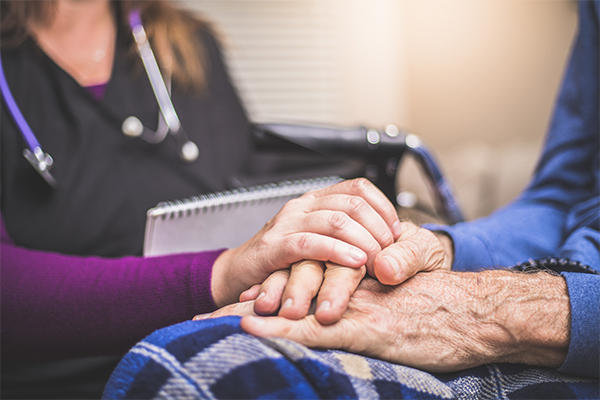In one’s older years, it is common to be dealing with sleeping problems, fatigue or loss of appetite. And frequently, these issues are written off as just common annoyances. Yet for around 8 million older adults over age 65, these signs and symptoms are suggestive of something a lot more than normal aging – they’re signs of mental illness in senior citizens. And just a small percentage of seniors are obtaining the available treatment that may substantially improve their overall well-being.
Mental illness is oftentimes missed in elders, for a number of reasons. For some, there’s a stigma connected with admitting to and trying to find help for mental and emotional concerns. For other people, the assumption is that the common signs and symptoms of mental illness and aging go hand in hand and really should simply be accepted. And in some cases, mental illness indicators mimic medication side effects.
Nevertheless, it’s vital for family relations to locate health care when they notice some of the following types of behaviors in their senior family members:
- Anxiousness
- Personality or mood changes
- Changes in interest in formerly enjoyed activities
- Sleeping far too much or too little
- Alterations in eating patterns
- Difficulty with concentration and memory
- Depression
Regrettably, merely 7 percent of seniors age 65 and over who most likely have some type of mental illness are in fact receiving treatment, according to a report by the American Journal of Geriatric Psychiatry.
Dr. Susan W. Lehmann, clinical director of the division of geriatric psychiatry and neuropsychiatry and director for the Geriatric Psychiatry Day Hospital at the Johns Hopkins University School of Medicine clarifies, “Indeed, compared with younger adults and middle-aged adults, adults over age 65 were much less likely to be asked by their primary care physician if they felt tense or anxious and were much less likely to be referred by their primary care physician for mental health specialty care.”
The good thing is, there are effective treatment options for mental illness in senior citizens. The first step is to talk to the senior’s primary care doctor, who can recommend the best medication and/or therapeutic options to consider. Independence-4-Seniors Home Care, expert in home care Hinsdale IL caregivers, canhelp by escorting the senior to medical appointments and counseling sessions, picking up prescriptions and providing reminders, and serving as a caring companion to share in conversations and also to pick up on any changes that will indicate the need for further assistance. Call us at(630) 323-4665 for more information or a free home care assessment.

